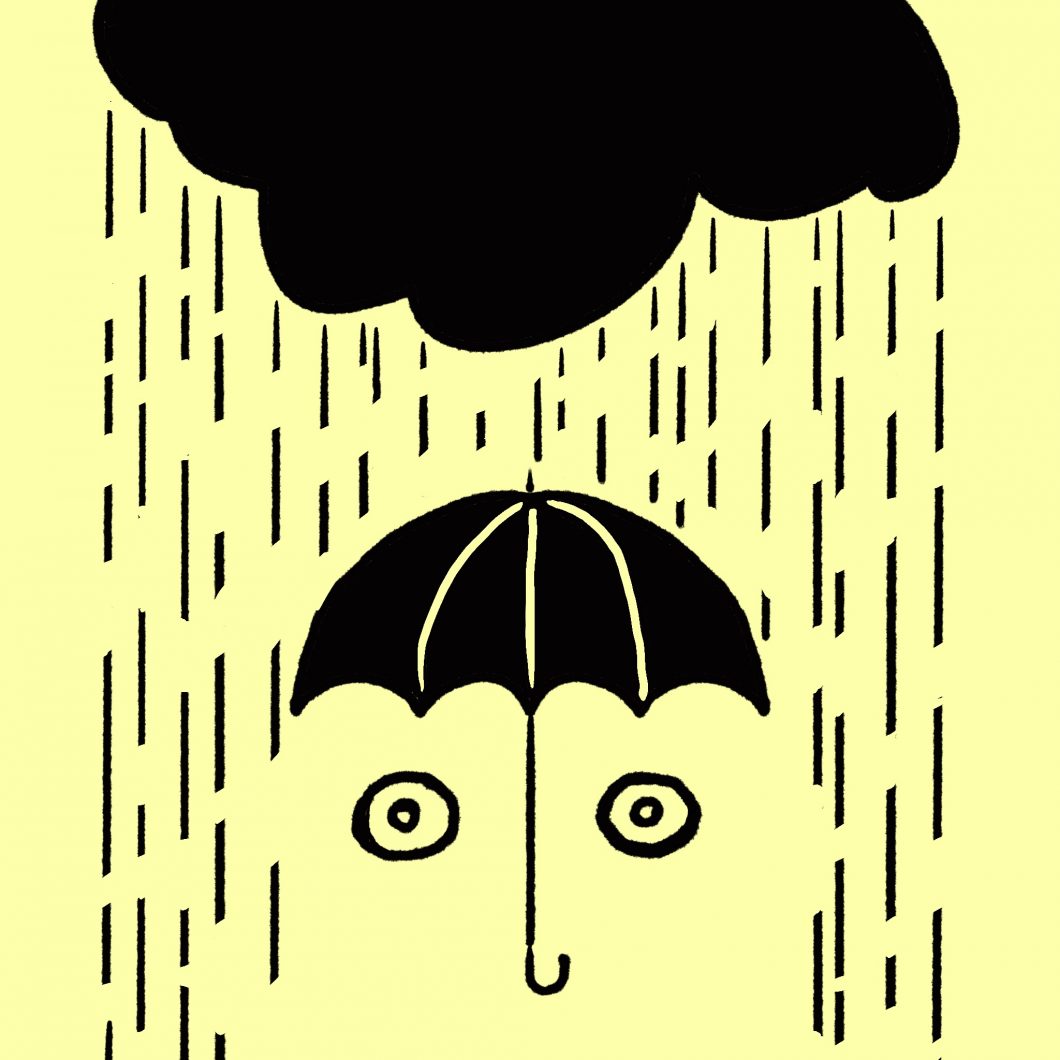Don’t worry about anything; instead, pray about everything. Tell God what you need, and thank him for all he has done.
Philippians 4:6 (NLT)
Worry is something I know well. Not because I’ve studied it, although I have read quite a bit on the topic. Let’s just say I have a lot of experience. Throughout my entire life I’ve dealt with worry to some degree, so when I ask the question, “Is it possible not to worry,” I’m being quite genuine. Is it possible?
Address Your Concerns
Worry is by definition to “give way to anxiety or unease.” Working from that definition, I would say yes, it sounds possible not to worry. All we have to do is not “give way” to our concerns. We could be mindful of when a concern arises and choose to deal with it instead of “give way” to it. But what’s the difference? What does it mean to “give way” to concern?
Let’s think of it this way. If you give way to a car, you simply stop and let that car go. You allow for it to continue on its path. When we give way to our anxieties, we allow for them to continue on. Just as that car will gain speed, our anxieties will gain momentum if we allow for them to continue on.
Concerns are warnings that something may need our attention. That’s not a bad thing. If we do not address those concerns and simply “give way” to them, then we let worry take over. Instead, ask yourself this: What can I do to address this concern? Some say this is the difference between productive worries and unproductive worries. Productive worries are concerns that you have control over. For example, if you’re concerned about the weather that would be considered an unproductive worry. You cannot change the weather. However, if you’re concerned that the forecasted weather might blow over your patio furniture, then that’s productive. You can take precautions so your patio furniture is protected.
By evaluating your concerns and turning them into action, you prevent them from lingering. You refrain from “giving way” to anxiety and letting it rule your life. This is one way we might be able to stop worry.
Give Thanks
It’s difficult to worry while also being grateful, so if we can practice gratitude on a regular basis then it seems logical that our worries will diminish. This seems easy enough, but beware, worry will aim to distract you from the blessings in your life. Even in a specific situation, worry can easily blind you from the good that is happening.
The best way to incorporate gratitude into your life is to practice. Build a habit of giving thanks. Start by writing three things you’re grateful for each day. Work up to maintaining a gratitude journal so you have a place to constantly document your blessings. This will help you form the habit of always giving thanks and in the process, minimize your worry.
Meditate
Give yourself some time to relax and face your concerns. It might seem counterintuitive to think about your problems when the goal is to eliminate worry. Maybe it’s a little scary as well. However, by giving your anxieties a time and place to exist through meditation you can actually control when and how you think about them. It’s as if you let them flow through you purposefully instead of “giving way” and letting them run you over.
I’m not about to tell you how to meditate, but I will suggest setting aside personal time to focus on any troublesome issues in your life. You’ll always have troubles, but they don’t need to become worries. Meditating will expose these troubles for what they truly are and you’ll see they aren’t that bad. Run through some worst case scenarios with each issue. Even if this exercise causes you to panic a bit, remember you’re in control. You’re purposefully facing these issues now so they don’t control you later.
Always Be Ready
As Bobby McFerrin says in the song Don’t Worry Be Happy, “In every life we have some trouble, but when you worry you make it double.” We can’t prevent trouble from coming our way, so it’s important to always be ready. We must remain attentive to how we’re dealing with our issues, or worry will certainly follow. If we’re vigilant, though, we may indeed be able to not worry. Who knows?

